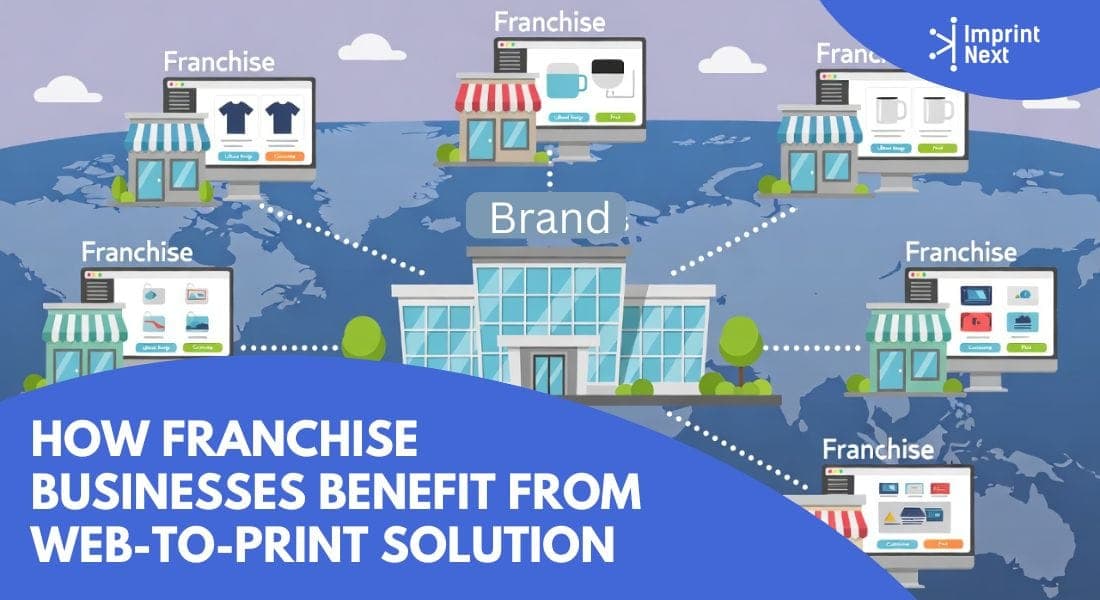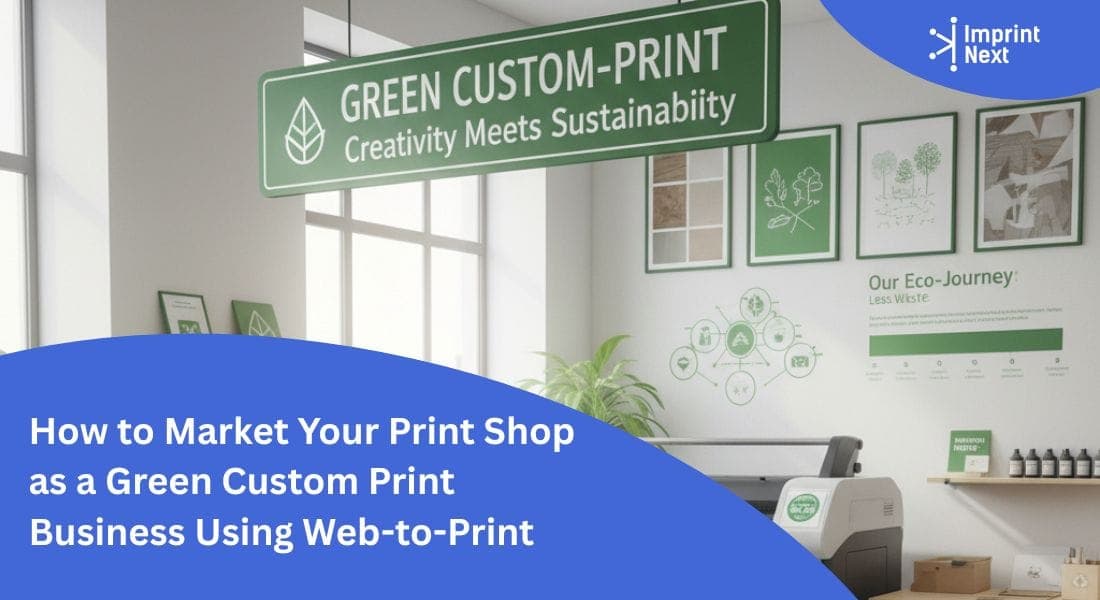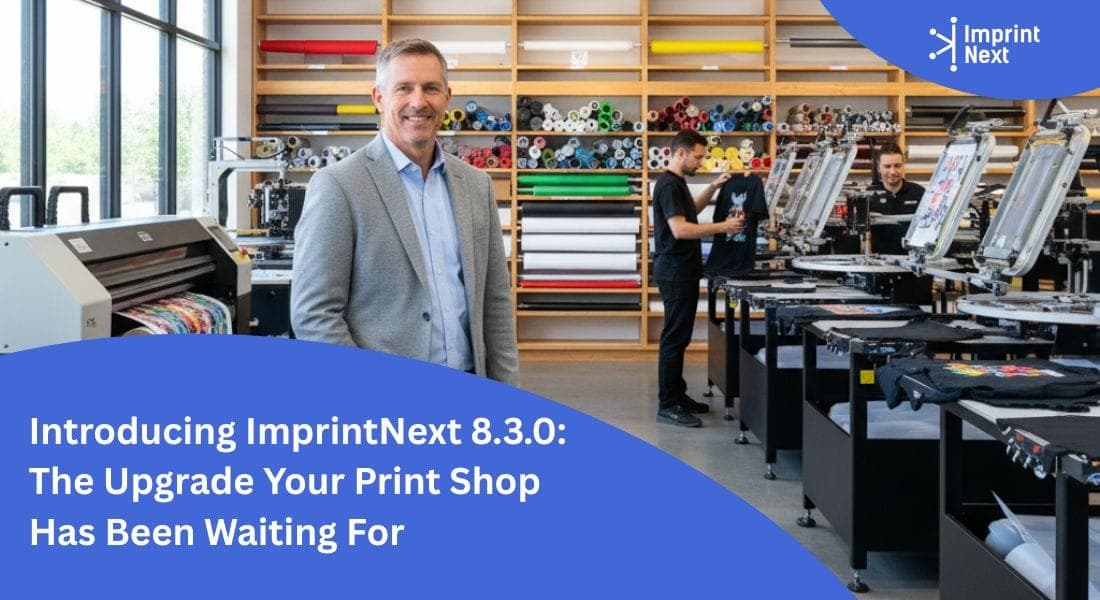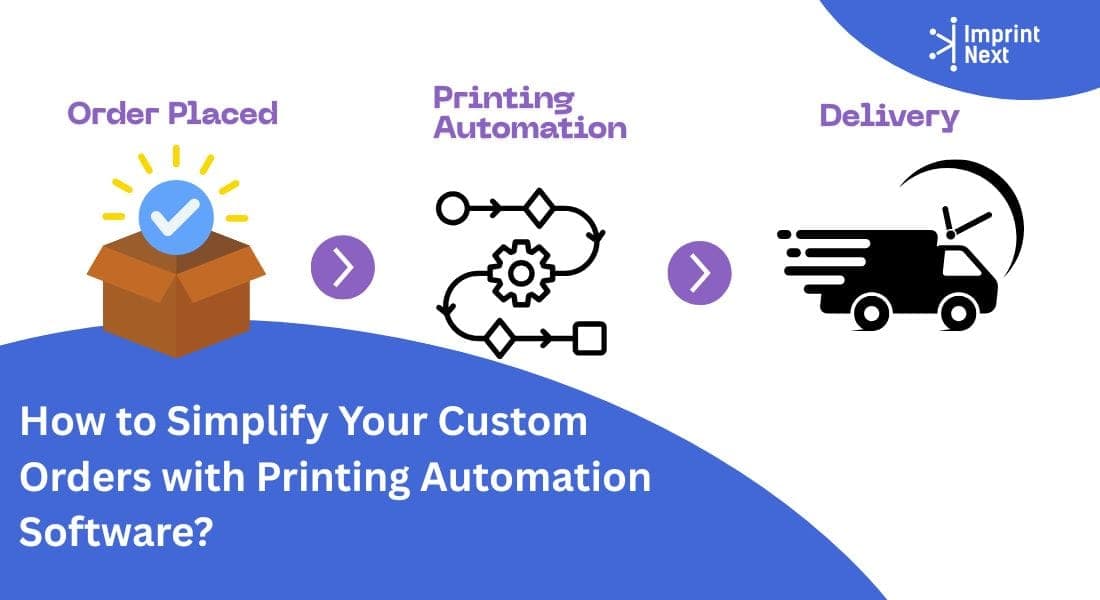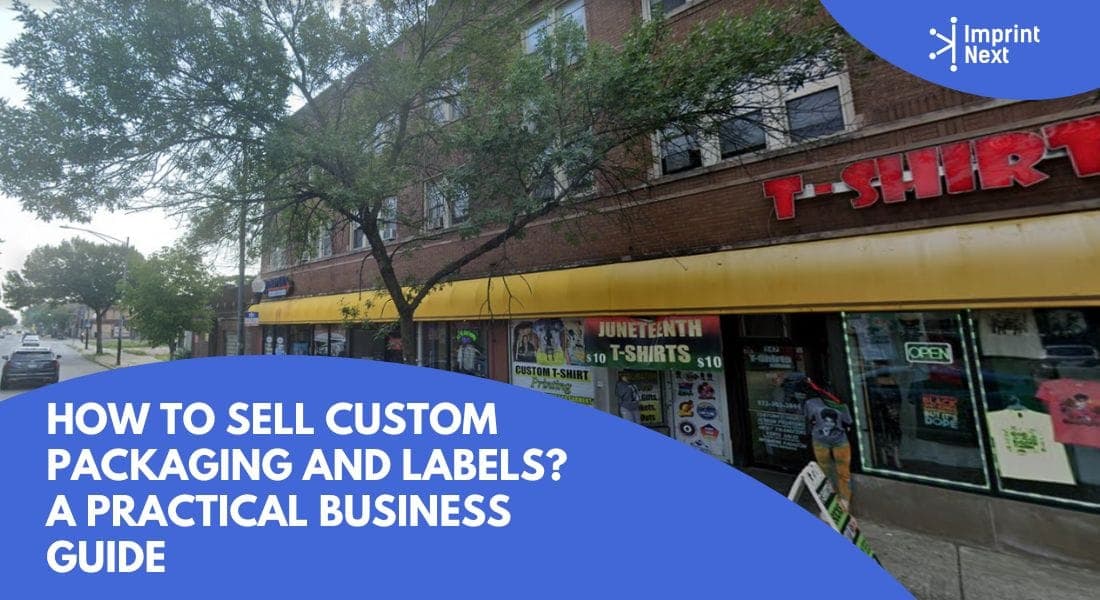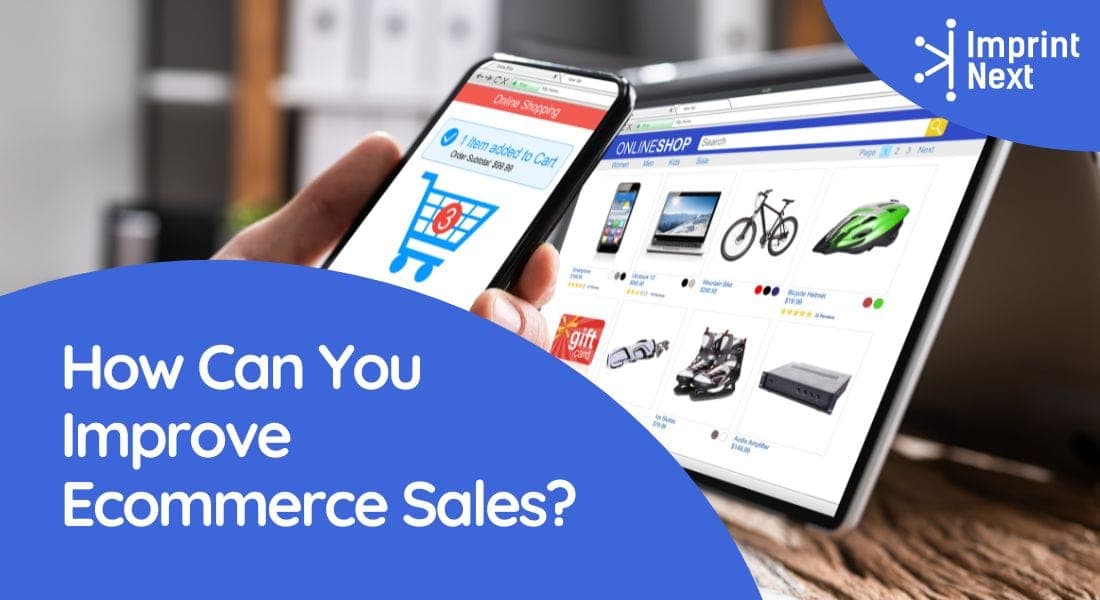
Last Updated on: 11th November 2022, 12:56 am
Public visibility and the quality of the product are the two important sales drivers for eCommerce.
Engaging with visitors through live chat, sending emails, and offering coupons and cashback, are some of the ways to befriend.
Social media is a hub where people from spheres spend some time and get the right place to engage. Create a forum or page where people can come and interact. If shoppers trust you, then they make a purchase.
However, that holds good if you sell products of better quality. It leads to customer retention. Then you create a brand. When people know you are a good seller, they prefer you over others.
Ecommerce marketing can be super complicated.
There are just so many different things that you can do.
Here, we will be discussing the 12 tips that we recommend you really focus on first.
If you dial these in, you're going to be successful online.
1. Use a good shopping cart:
There are three shopping carts. They are Shopify, WooCommerce, and BigCommerce.
These three carts are really good from a perspective of SEO, design, and also paid search-- so running paid ads, even on social.
It has everything you need to scale your business.
It also has a support team to back you up when you need help.
So check out one of those carts if you don't already have them.
2. Optimize your Product Pages:
Spend a tremendous amount of time optimizing your product pages with regard to SEO and design.
So what I mean by that is SEO would be a good product title?
Don't just call it something that only you would know. Call it something within the title that people are actually searching for online.
So do some keyword research, figure out what people are searching for-- your products-- and make that part of your product title.
3. Write a good product description:
Also, include that in the description of the product. Write a good description.
Remember, this is your 24/7 salesperson.
Your product page never calls in sick. It works through the weekends and the holidays.
Every time somebody visits your product page, they want your perfect sales pitch, so put some time into that.
4. Product image should be crisp and clear:
Also, the product photography is hugely important.
Make sure that photography is really, really clean, smooth, has a nice design, and is professional.
And also, if you can do a product video, this is massively valuable.
Make sure you invest in doing some product videos to explain your products in more detail.
5. Use trust badges:
Make sure you have trust badges on the page.
Make sure it says things like you have fast shipping, free shipping, and all of that if you have that.
6. Be more personal with your customers:
One way to do this is to show your customers how you are improving on an existing product. Offer product customization with the web-to-print solution. Your customers will want to buy your product because they can personalize it. In fact, Research shows that the total value of the print industry is expected to touch $343 billion by next year. That’s why you should be more personal with your customers.
This is not surprising given how web-to-print helps printers engage a more extensive and diverse target audience online and have a greater chance of driving higher profits.
The thing is, web-to-print has conveniently eliminated the complicated process of physically meeting the graphic designer. Thus, when customers customize the product, it becomes an auto-approval process for not only selling products but customized products.
7. Product reviews:
And also, get reviews of your products. You want to have reviews on your product pages.
Studies show if you have reviews on your product pages, can increase your conversion rate significantly, up to 400%, by having product reviews.
So make sure that you get product reviews on your page.
8. Schema Markup:
Make sure you have schema markup on your product pages.
What this means is when somebody searches on Google, right there on the Google search page-- before they even go to your website.
They're going to see what Google calls product-rich cards, which is going to show your product image and some information right there on the search page.
This is going to give you an advantage over your competitors and make you a little more visible organically to people as they're searching on things like Google.
9. Optimize Product Feed:
Optimize your product feed via Google Merchant Center.
Google Merchant Center is what you're going to use to run Google Shopping ads, which we'll get to later, but the product feed is hugely important.
You're going to want to make sure you have good information in there with regard to your product title, the description, the keywords, and those sorts of things.
So that you're showing up when people are searching on Google Shopping when you're running your ads.
You don't want to be not in the game when somebody is looking for your product because your product feed is not very well optimized.
10. Google Ads:
Start running Google Shopping ads.
Google Shopping is very, very popular.
People go to Google. They'll search for something like pink shoes. They'll click the shopping tab, those are all ads.
So if you want to be in that shopping tab, which we highly recommend, you're going to
want to make sure that you are running Google Shopping ads.
So invest in running product ads.
And then here's a tip, optimize your product ads based on results.
So if you have e-commerce tracking set up, you can see the revenue generated from each product.
You can really see your ROI, per product, on your product ads.
What you want to do is as time goes by, turn off the ads that aren't doing as well, the products that aren't doing as well, and increase the budget on the products that are doing well.
This is going to really increase your return on investment over time.
11. Remarketing ads:
Run dynamic retargeting campaigns off of your Google Shopping ads and your website visitors so that people that go to your website and they browse maybe two, or three products.
As they're surfing the internet after that on the Google Display Network-- which has thousands of websites online.
They're going to see banner ads for your brand actually showing the specific products that they looked at.
So it's very, very relevant. This stays top of mind and it kind of just wears them down until they are ready to buy those products.
They click it, and they purchase on your website.
Also, you can run retargeting on Facebook and Instagram as well.
So if somebody comes to your site, they look around and they don't do anything, that night when they're on Facebook kind of looking through their feed.
All of a sudden, they'll see an ad for your brand. This is bringing you back to the top of their mind.
12. Use Facebook & Instagram Ads:
Make sure that you're running Facebook and Instagram ads.
These are huge channels today. People are on Facebook all the time
So you're going to want to target people on Facebook.
And the targeting is so intense that you can get right in front of the person that would be perfect for your product.
So one example like that is, let's say, that you sell gymnastics equipment to kids, maybe to girls, in particular.
You could actually target mothers that make over $50,000 a year that have daughters that are in gymnastics.
How targeted is that?
If these mothers see these ads, they can afford it, right?
They're making enough money to afford it.
They have daughters in gymnastics.
It just only makes sense. They're going to like your product and they're going to understand your brand, and they're going to eventually buy from you.
So make sure you take advantage of Facebook and Instagram ads.
Those two channels are big breadwinners for eCommerce stores today.
13. invest in your social media organically:
Whether you need to do this yourself or hire somebody or hire another company, you need to make sure you have an organic presence on social media.
What that means is you're posting content, and you're engaging on social media.
So not paid ads, but just being involved, being a part of social media today.
By doing this, this is going to be building your brand following organically.
So eventually you have 10,000 followers, 100,000 followers.
The more followers you have as you're posting content, and building this awareness, you're only going to get more sales.
14. Automate your email marketing:
Email marketing is hugely important.
A lot of eCommerce stores fall short because they spend a lot of money to get that customer to make that first purchase. But they don't re-market to those people via email marketing and other channels to get them to come back and make future purchases.
If you could just get each of your customers to make one more purchase than they normally do, think about what that does to your revenue.
So email marketing, allows us an automated way to make that happen.
So here's an example, you could set up an automated campaign for holidays.
You just set this up at the beginning of the year for the whole year, with promotions on all these different holidays
that automatically get sent to all of your past customers.
Sending them automated emails to capture reviews for your products is another way to build product review content in an automated way.
If you're creative with your email marketing and you automate it, this is going to scale your business so that you can increase your sales overall and increase your return on investment on your marketing dollars.
FAQ (Related Questions):
What are some promotional strategies for e-commerce?
There are several ways to promote your items online, but some are more powerful than others. Here are some best strategies for e-commerce marketing:
- A/B Testing: A/B testing is a popular marketing strategy. You can use it to see which design of your product performs better with customers.
- PPC Advertising: PPC advertising is a type of online advertising that will help you reach your target audience.
- Google Shopping: Google Shopping is a platform that allows retailers to display their products on the Google search engine.
- Display Ads: Display ads are an excellent way to reach customers on social media. They can be used to create an audience for your product.
- Email Marketing: Email marketing is a popular strategy for e-commerce marketing. It can be used to build your email list and promote your products.
Final Words:
Ecommerce is the fastest growing form of retail, but it's also the most competitive. How can you get your product to stand out? One way is to give your product a story. The more people know about the backstory of your product, the more they will feel connected to it.
People want to feel like they are buying from a small, personal company.
Show them how you make your product, what you use, and what inspires you. People also want to know what makes your product different from the rest.











